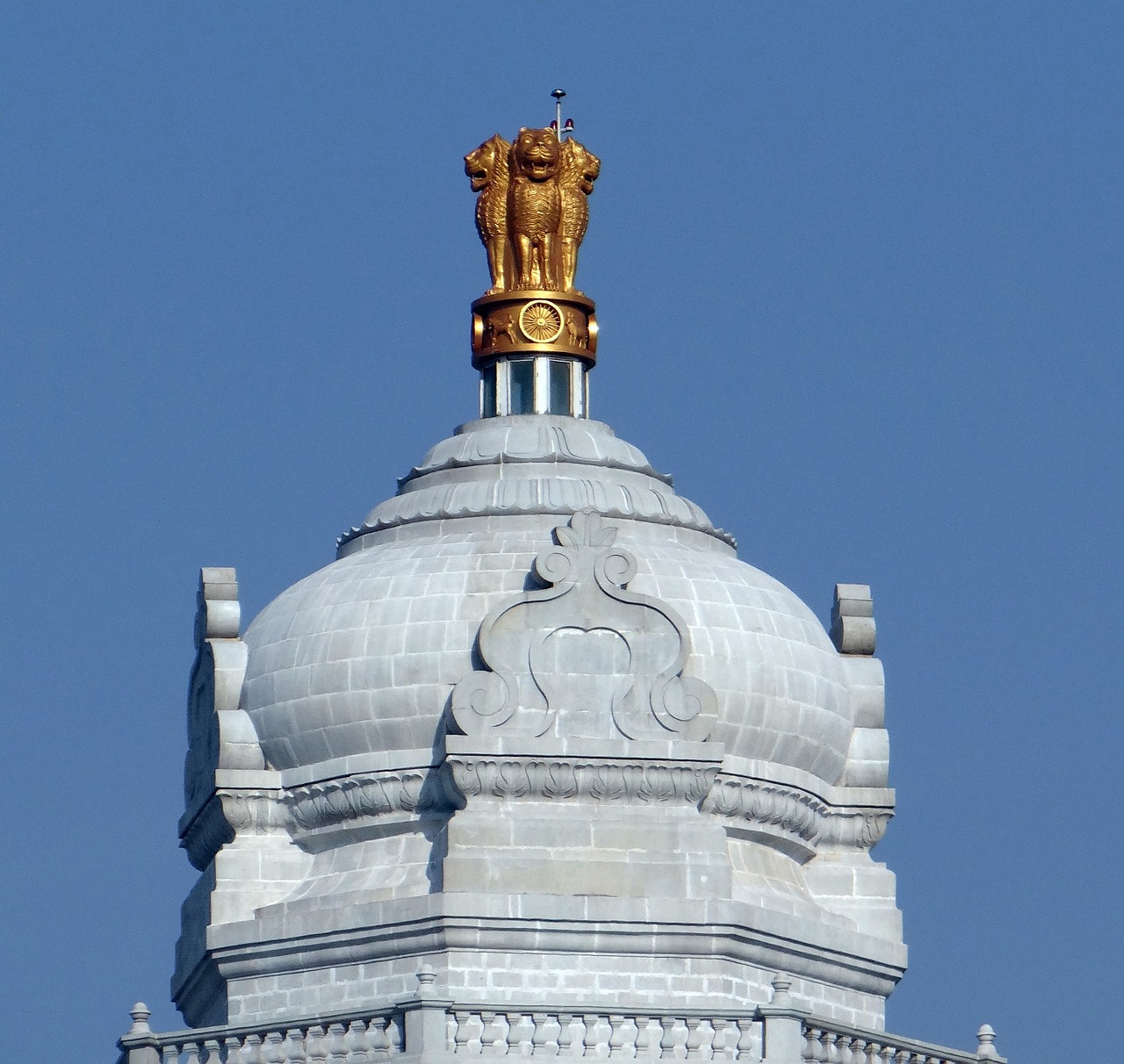The Influence of Social Media Algorithms on Election Discourse
Social media algorithms play a significant role in shaping voter behavior by controlling the content users see on their feeds. These algorithms are designed to prioritize content based on users’ past interactions, leading to the reinforcement of their existing beliefs and opinions. As a result, individuals are often exposed to information that aligns with their ideologies, creating an echo chamber effect that can influence how they perceive political issues.
Moreover, social media algorithms contribute to the spread of misinformation and polarizing content, affecting voter behavior. By promoting sensationalized or biased information, these algorithms can amplify divisive narratives and fuel political polarization. This can further entrench individuals in their own echo chambers, limiting their exposure to diverse perspectives and hindering constructive political discourse.
The Role of Filter Bubbles in Election Discussions
Filter bubbles, characterized by the isolation of individuals within their own information echo chambers, play a significant role in shaping election discussions. Within these bubbles, individuals are often exposed only to information and viewpoints that align with their existing beliefs and preferences. As a result, their perspectives become increasingly polarized, inhibiting the opportunity for meaningful dialogue and understanding across different political viewpoints.
Moreover, filter bubbles can perpetuate the spread of misinformation and deepen existing divisions within society. As individuals are continuously fed content that reinforces their existing biases, they may become more susceptible to accepting false or misleading information without critically evaluating its accuracy. This can lead to the proliferation of falsehoods and the erosion of trust in reputable sources of information, ultimately influencing voter behavior and decisions during elections.
Echo Chambers and Their Impact on Political Discourse
Echo chambers have become prevalent in the digital age, with individuals being exposed to information that aligns with their existing beliefs and opinions. In these isolated spaces, people tend to interact with like-minded individuals, reinforcing their preconceived notions and effectively shutting out diverse perspectives. This phenomenon can lead to a lack of exposure to differing viewpoints and a narrowing of one’s understanding of complex political issues.
The impact of echo chambers on political discourse is concerning, as it can fuel polarization and hinder constructive dialogue. When individuals are only exposed to information that reinforces their own beliefs, they may become more entrenched in their views and less willing to consider alternative perspectives. This can create a fragmented society where individuals are less likely to engage in meaningful conversations with those who hold differing opinions, ultimately leading to a siloed and polarized political landscape.





